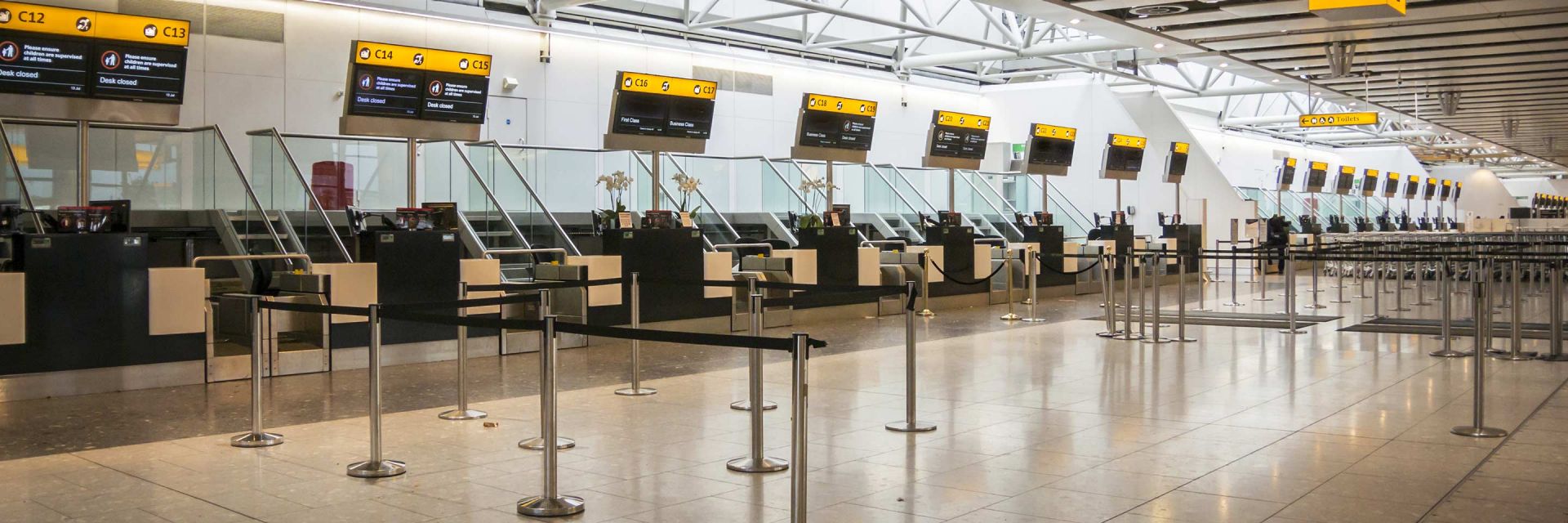What to check before you book
Before you confirm your trip or part with your cash, here are five things worth checking.
- Travel advice can change at a moment’s notice, so take a look at the Foreign and Commonwealth Office’s (FCO’s) advice up until you go and while you’re away. If you book somewhere the FCO has advised against travelling to and you end up needing to cancel, your insurance may not cover you for a refund.
- See if your travel agent or provider has ATOL or ABTA protection and if your holiday is covered – you’ll need to check both, as not all holidays are covered as standard.
- Booking on a credit card could give you an added layer of protection for purchases between £100 and £30,000 as standard, so double check your payment method before you buy (18+, T&Cs apply, subject to application, financial circumstances and borrowing history). Just be sure to pay your balance off in time so you don’t accrue interest, and bear in mind that spending up to your limit could damage your credit score.
- Make sure you get travel insurance that covers your trip in case of cancellations or the unexpected. If you’ve already got travel insurance, check the terms and conditions to see when it expires, plus when if it covers all aspects of your trip, including whoever you’re travelling with and the types of activities you’ll be doing when you’re away.
If you face disruption before you go
2020 has shown us that no matter how well you plan, it’s always best to be prepared – here are four things to factor in.
- If the holiday company, hotel or airline goes into administration, make sure you know your rights on refunds. If you booked a package holiday through an ATOL-registered travel agent or tour operator, it should be protected. Make sure you have your holiday and ATOL details with you and contact your agent, retailer or ATOL if necessary – they’ll try and minimise disruption if you’re already away or place you in different accommodation, or on a different flight home. If you haven’t travelled yet, you could be entitled to a refund or be offered alternatives.
- If you booked your flights yourself, it won’t be covered by ATOL as standard so you may not be entitled to a refund or support while you’re away. That said, if you paid using a credit card and the flights cost between £100 to £30,000, you’ll be protected by your lender. If you paid with a debit card, you might be able to use the chargeback scheme.
- In the case of exceptional events, like a pandemic or natural disaster, always check in with your travel company as a first port of call to see if they can rearrange your trip. If they can’t help, go to your travel insurer for support – they’ll let you know which scenarios you’re insured for.
- You might also need to cancel your trip for personal reasons, like a bereavement, illness or redundancy. If you’d like to rearrange your trip, check if your booking is refundable, or reach out to your travel provider to see what their policy is. If not, speak to your travel insurer, as you may be covered for sickness, injury or the death of a companion. Bear in mind that it might be better to pay a little more on booking websites and airlines, to have flexiblity to cancel if you need to.
What happens if your holiday’s cancelled
Unfortunately, things can go wrong while you’re away – here’s how to be prepared.
- If you’re already on holiday and the FCO changes their travel advice, and you need to change your plans, check what your insurer covers – as you may need to pay for any alternative travel arrangements yourself.
- Make sure you have the contact details and policy information for your insurer, as well as your ATOL certification details, before you travel, so you can reach out to them if you need to make a claim while you’re away.
- Unexpected additional expenses can occur – like missed flight connections, medical treatment or compensating for lost luggage. It’s best to have some money in the correct currency set aside in a digital travel wallet or cash card (T&Cs apply). Consider taking a little emergency cash for things like taxi journeys too – you can order your travel money in advance, and have it delivered to you at home for free (16+, T&Cs and eligibility criteria apply). To keep yourself safe, try to avoid having too much cash or any valuables on display.

